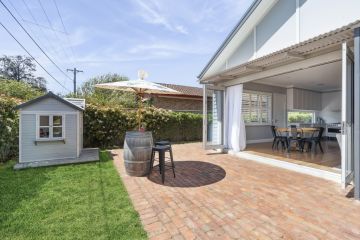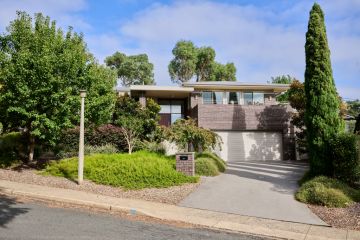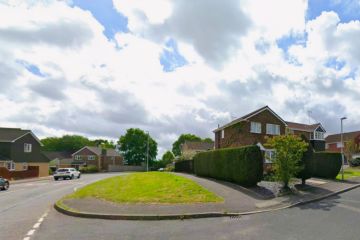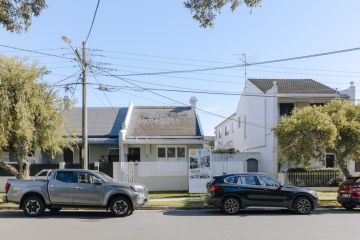Why young Aussies are snubbing London for another British city

It is almost impossible to pass a few hours in the streets or pubs of London without hearing the familiar twang of an Australian accent.
Thousands of young Aussies looking to spend a year or two abroad find themselves in the United Kingdom, lured by an attractive working holiday visa agreement and the ease of the English language. Many wind up behind a London bar, almost a rite of passage for those on a boozy gap year, while artists and young professionals tend to make the move a few years into their career.
But the trendy London lifestyle seems to be losing its shine, with exorbitant rent and living costs driving expats to pastures further north. Perhaps it was the terrifying news that a cupboard under a set of stairs in Clapham was being advertised for 500 quid a month? Or that single mattresses squashed into kitchens were available to rent?
Peter Rogers, 32, and girlfriend, Jaclyn Tang, 31, are among those who have snubbed London in favour of the working-class city of Manchester.
The couple moved from Melbourne, where they bought a home two years ago. “It got to that point where we were going to either have kids or travel,” Rogers says. “I pushed for travelling.”
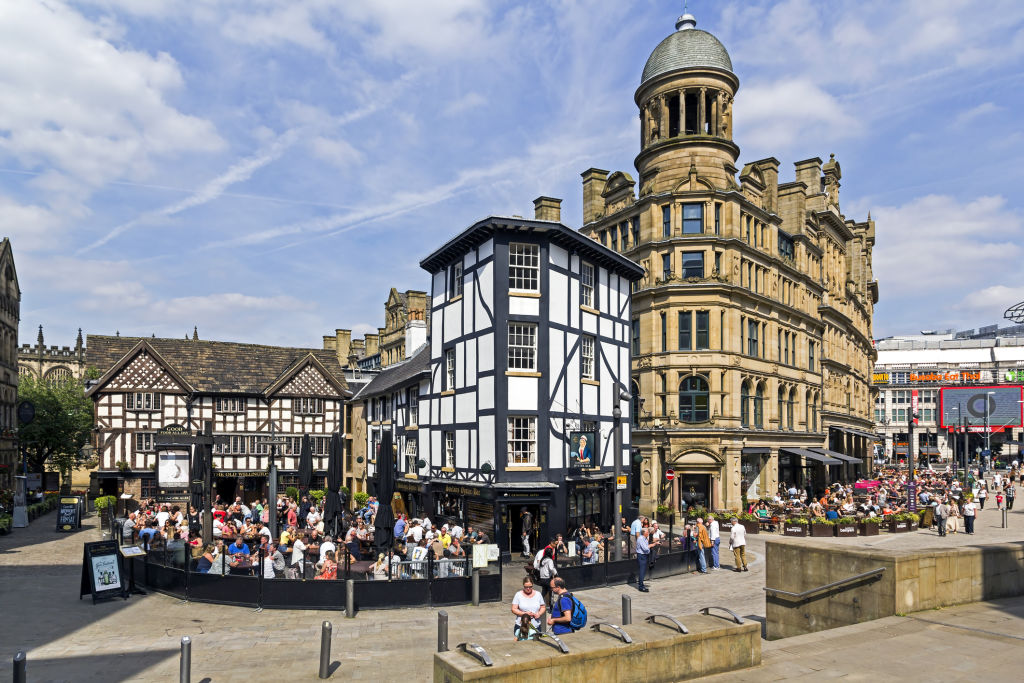
After deciding to base themselves in England, the pair began researching London, Bristol, Brighton and Manchester as potential bases.
“Even when I was tossing up between them all, I knew I wanted to do something different,” he says. “London is really expensive, there’s a shitload of people, and every Aussie goes there.”
They settled on Manchester partly because of its location; it is surrounded by national parks and is just a few hours drive from London and Peter’s beloved football team, Sunderland. But money was a big factor too. Rent and living costs in Manchester are significantly cheaper than in London.
In September, they moved into a two-bedroom apartment in the Northern Quarter, a trendy neighbourhood brimming with independent stores, street art, bohemian bars and a buzzing music scene. They pay roughly £500 each per month and have a spare room for visitors.
“For what we pay in a cool little area, you’d pay like three or four times that amount in London,” Rogers says. “We save that money to go on trips through Europe or weekend trips to London.”
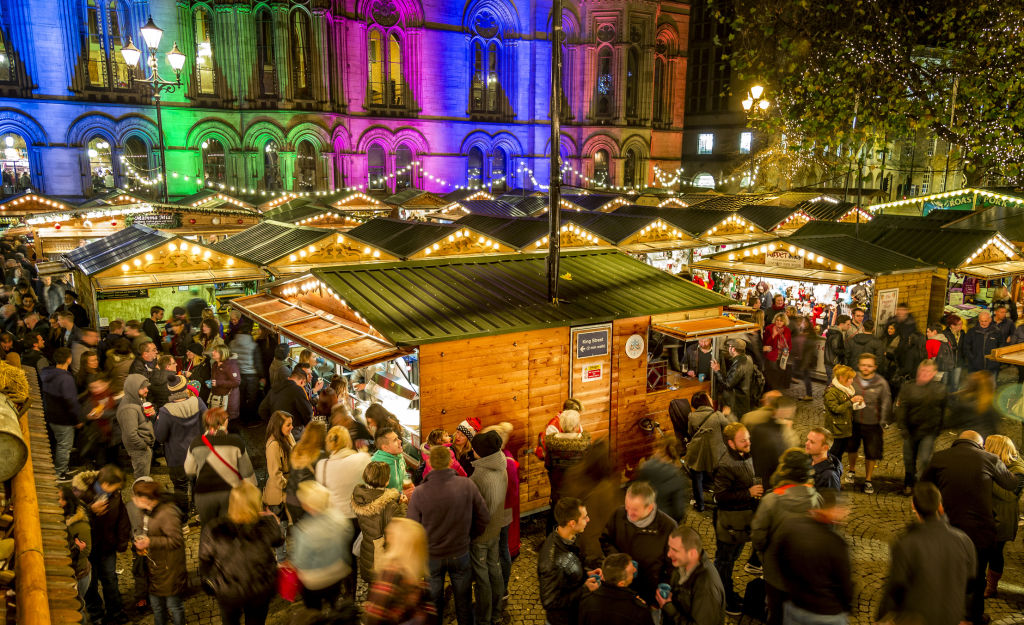
Rogers, a user experience designer, and Tang, a property lawyer, were both able to find jobs in their fields within two weeks of arriving in Manchester. “While we were doing research, we found wages were roughly £5000 to £10,000 more in London, but that would get zapped up on extra rent, day-to-day living costs. Even groceries are more expensive.”
The couple were also drawn to Manchester’s diversity; it is one of the UK’s most multicultural cities, and the Manchester Pride Festival is among the country’s biggest LGBTI+ celebrations. And while it’s widely known for being the world’s football mecca, the city is also rich in culture. It’s estimated that 16 per cent of Mancunians work in the art, tourism, culture or sport industries.
“It’s kind of a baby version of Melbourne,” Rogers says.
The city itself is relatively small by international standards – about 530,000 people – but the Greater Manchester area has a population of 2.5 million. Its industrial, working-class past is epitomised by the gritty streetscapes, where dark brick factories and warehouses dominate the architecture. Nowadays, many of the older buildings have been converted to cafes, breweries, exhibition spaces or apartments.
And while it remains cheaper than London, the gentrification of many suburbs, coupled with a growing population, has pushed up citywide rents by more than 30 per cent in the past four years.
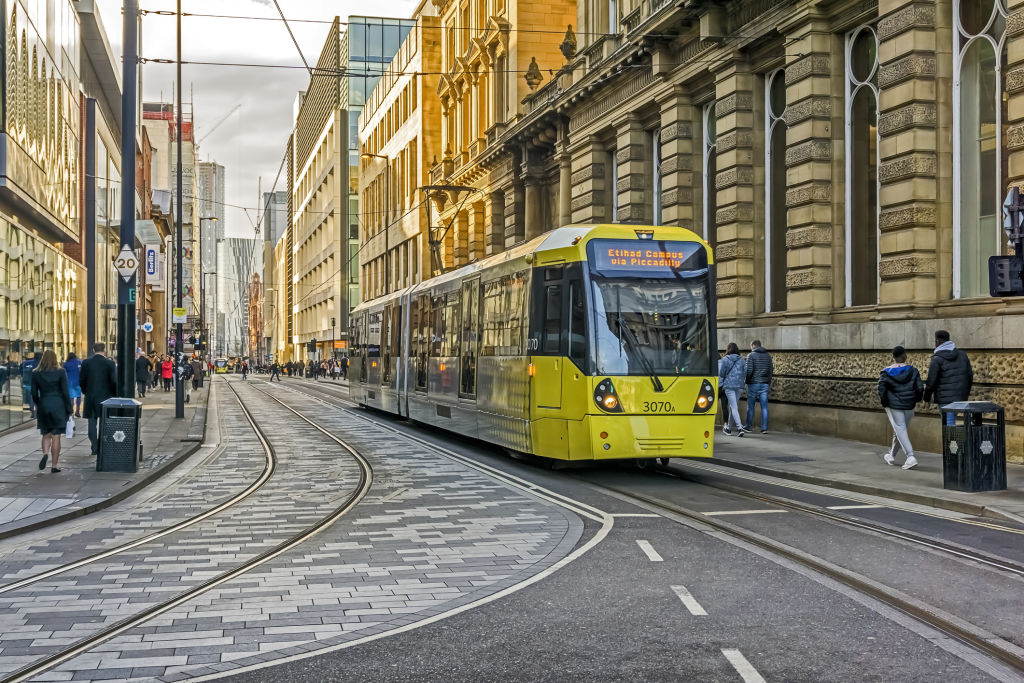
Meanwhile, in the British capital, a full-blown housing crisis has gripped the city of 8.9 million people, prompting outcry about the poorest citizens being squeezed out of the housing market, and calls for rent control.
So, against this expensive and crowded backdrop, why do an estimated 41,000 Australians live in London?
For Jack Jones, a 29-year-old former Melburnian, it was career opportunities that led him to London, despite initial plans to live in Bristol. He took a business development role with a global tech education company six months ago and then began the arduous search for a room to rent.
“I found it to be more competitive than Melbourne,” he says. “Six hundred pounds a month gets you a room in a share house with at least two other bedrooms in a suburb you probably don’t want to be in,” he explains, adding that it’s not uncommon for renters to pay up to £800 ($1450) per month in a share house.
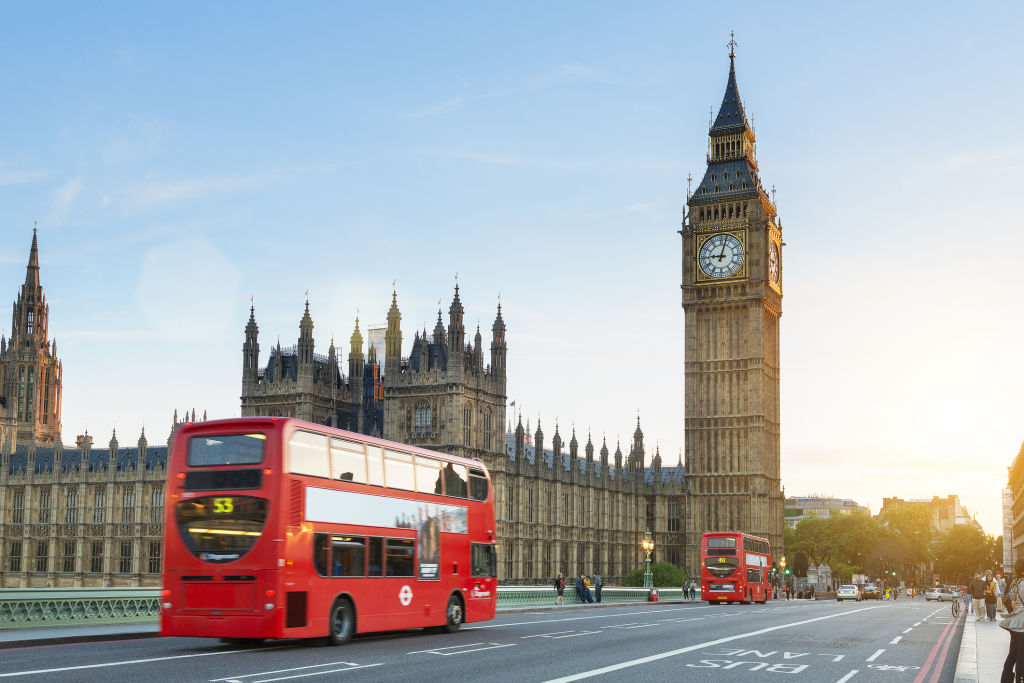
According to the most recent Worldwide Cost of Living survey, London is ranked the 22nd most expensive city in the world – tied with Melbourne. Manchester came in at number 51.
The statistics aren’t lost on Jack. “I am on a pretty healthy wage, and my lifestyle is good, but I don’t have a family, and I’m still in a share house,” he says.
Sky-high costs aside, he sings the praises of the city he plans to call home for the short-term future.
“I really like that it’s connected to the rest of the world,” Jack says. “I can jump on a flight to Slovakia for five quid … and I love the pubs.”
We recommend
States
Capital Cities
Capital Cities - Rentals
Popular Areas
Allhomes
More
- © 2025, CoStar Group Inc.
